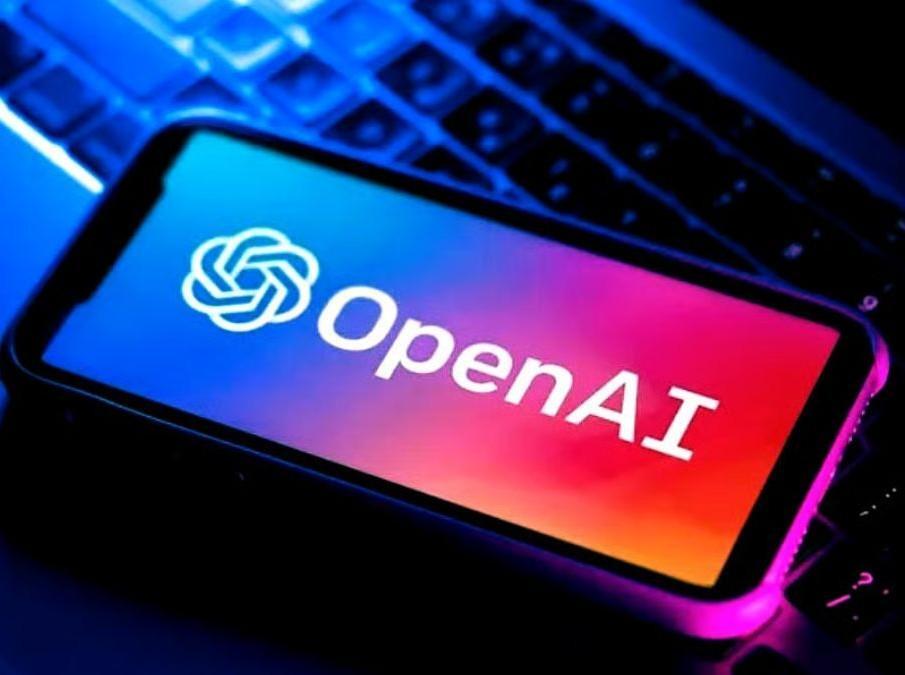
OpenAI Releases Downloadable AI Models for Public, Offline Use
In a groundbreaking move, OpenAI has released two AI models called gpt-oss-120b and gpt-oss-20b, allowing anyone to download and run the full model on their own computer. This marks a significant shift in the AI landscape, as it gives users control over the AI models, without relying on internet access, expensive subscriptions, or even asking OpenAI’s permission.
For the first time since 2019, OpenAI is allowing users to access and utilize their AI models without any restrictions. This move is considered a major development in the AI community, as it enables individuals and organizations to explore the vast potential of AI without being tied to the cloud or relying on third-party services.
The gpt-oss-120b and gpt-oss-20b models are designed to perform a range of tasks, including natural language processing, text generation, and language translation. These models are built on top of the transformer architecture, which has been widely used in many AI applications.
The gpt-oss-120b model is a more advanced version, with 120 billion parameters, while the gpt-oss-20b model has 20 billion parameters. Both models are designed to be used for a variety of applications, including chatbots, language translation, and content generation.
This move by OpenAI is significant because it allows users to retain control over their data and AI models. With the ability to run AI models offline, users can process sensitive data without relying on cloud services or third-party providers. This is especially important for industries that handle sensitive data, such as healthcare, finance, and government.
The release of these AI models also opens up new possibilities for developers, researchers, and organizations. With the ability to access and utilize AI models offline, developers can create new applications and services that were previously limited by cloud-based infrastructure.
The gpt-oss-120b and gpt-oss-20b models are available for download on OpenAI’s website, and users can choose to use them for free, or they can opt for a paid subscription to access additional features and support.
This move by OpenAI is seen as a major development in the AI community, as it promotes transparency, accountability, and control over AI models. By releasing these models for public use, OpenAI is demonstrating its commitment to making AI more accessible and transparent.
Why is this big news?
The release of these AI models is big news for several reasons. Firstly, it marks a significant shift in the way AI models are used and accessed. With the ability to run AI models offline, users can process sensitive data without relying on cloud services or third-party providers.
Secondly, this move promotes transparency and accountability in AI development. By releasing these models for public use, OpenAI is demonstrating its commitment to making AI more accessible and transparent.
Thirdly, this move opens up new possibilities for developers, researchers, and organizations. With the ability to access and utilize AI models offline, developers can create new applications and services that were previously limited by cloud-based infrastructure.
Finally, this move by OpenAI is seen as a major development in the AI community, as it enables individuals and organizations to explore the vast potential of AI without being tied to the cloud or relying on third-party services.
Conclusion
The release of the gpt-oss-120b and gpt-oss-20b models by OpenAI marks a significant shift in the AI landscape. This move promotes transparency, accountability, and control over AI models, and opens up new possibilities for developers, researchers, and organizations.
With the ability to run AI models offline, users can process sensitive data without relying on cloud services or third-party providers. This is especially important for industries that handle sensitive data, such as healthcare, finance, and government.
The release of these AI models is a major development in the AI community, and it demonstrates OpenAI’s commitment to making AI more accessible and transparent.
Source:






